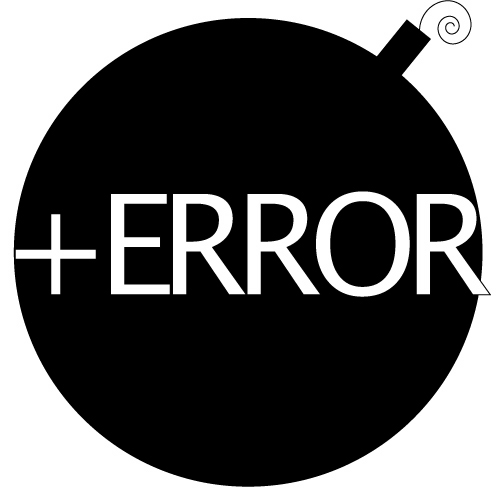This article continues the one published two weeks ago: Top 101 mistakes done by novice programmers C, Top 101 mistakes done by novice programmers C – part 2 and Top 101 mistakes done by novice programmers C – part 3
13. Pointers mistakes
13.a Not assigning a pointer to memory address before using it
The following is the most common mistake:
int *x;
*x = 100;
x must be allocated (consider using a malloc)
13.b Not releasing memory
Normally I test my algorithms using a simple program, for example:
int main(int arc, char **argv)
{
char *myPointer;
myPointer = (char *)malloc(100);
// some code working on the pointer….
// ….
exit(0);
}
so when I've tested my code I can copy and paste into my real project…… In this case when the execution of the program reaches the exit statement, the OS release the allocated memory, when I copy the code in a function nobody will take care of this problem, so I MUST add a free statement as follows
int function(void)
{
char *myPointer;
myPointer = (char *)malloc(100);
// some code working on the pointer….
// ….
free(myPointer);
return;
}
13.c Assigning Value to Pointer Variable
int * ptr , m = 100 ; ptr = (int *) malloc(1); ptr = m ; // Error on This Line
the correct way is:
int * ptr , m = 100 ; ptr = (int *) malloc(1); *ptr = m ; // or ptr = &m; depending on what do you want to do
13.d Not Dereferencing Pointer Variable
int * ptr , m = 100 ;
ptr = &m ;
printf("%d",ptr); // Error on this Line
In the above code you are print the address of m, not its content. To print the content 9you have to do:
int * ptr , m = 100 ;
ptr = &m ;
printf("%d",*ptr);
13.e Many C library functions malloc's memory which MUST be freed: i.e.: strdup(),
char *oldString = "Old String";
char *newStrig = strdup(oldString);
...
...
...
...
free(newString);
13.f Free only allocated pointers.
Take a look to the following code:
#include <stdio.h>
#include <stdlib.h>
int main(void)
{
char *p;
int i=0;
printf("%d\n", i);
free(p);
exit(0);
}
the p pointer has not been allocated, so when you'll execute the program it will crash and produce a core dumped message.
Part five in the next fifteen days.
Gg1
